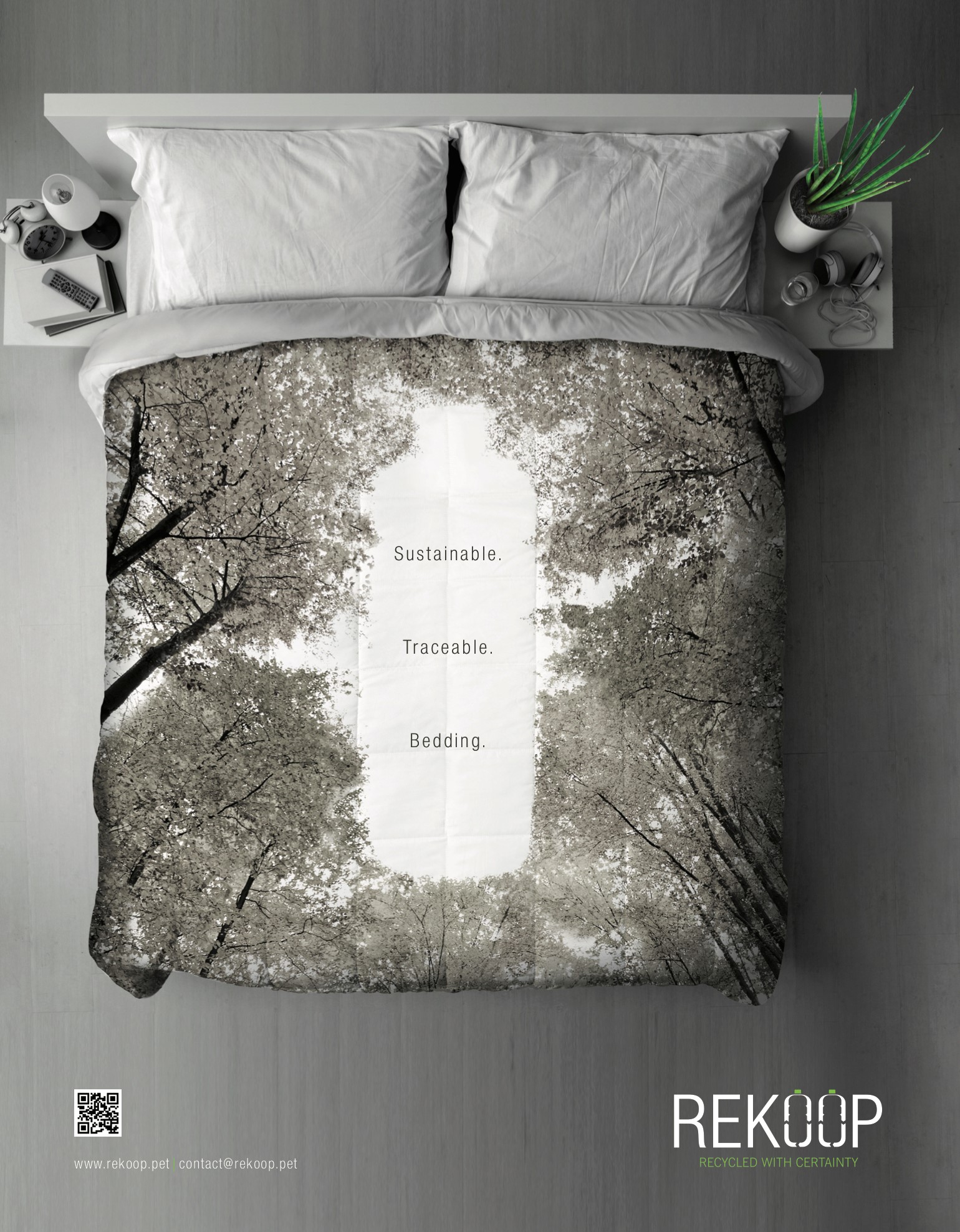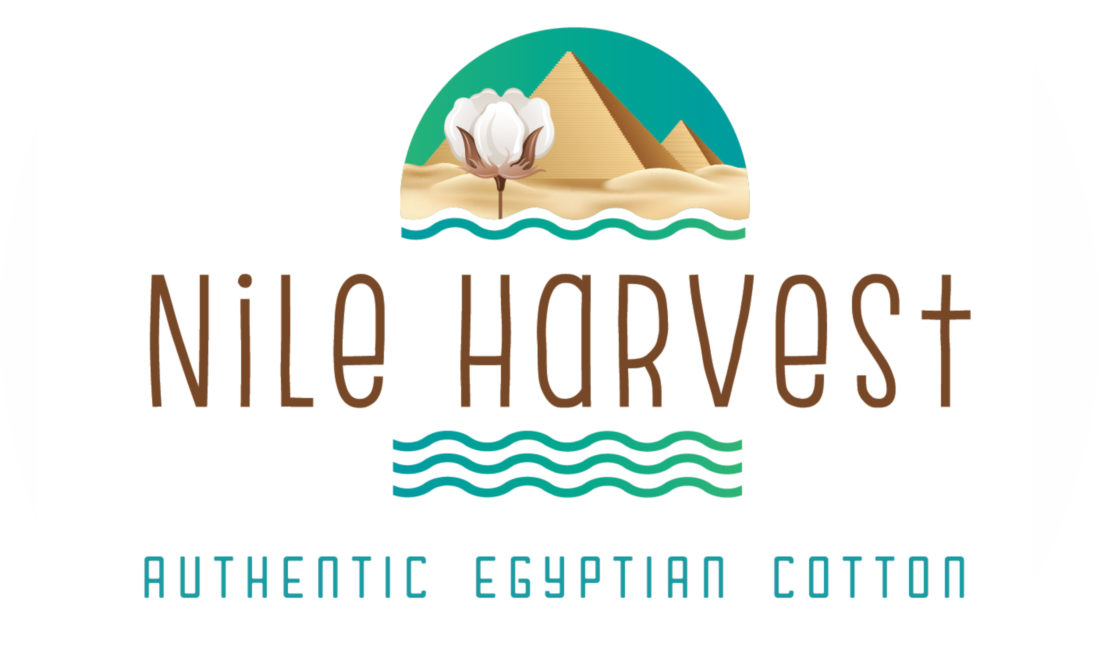Traceability
The world has become truly global and without boundaries, and manufacturers source material from and supply it across the globe with relative ease. This has made the supply chain extremely complex and quality controls truly imperative. Traceability is especially applicable to provenance and supply chain control and management and in recent years, the demand for this has risen significantly. Mostly because, the customers have become increasingly conscious and are demanding more and more information about the products they consume. Having a responsible and sustainable supply chain is an important aspect of responsible business strategy.
The United Nations Global Compact and BSR: A guide to traceability: practical approaches to advance sustainability in global supply chains defines traceability as: “The ability to trace and identify the history, distribution, location and application of products, parts and materials; to ensure the reliability of sustainability claims in the areas of human rights, labour (including health and safety), the environment and anti-corruption.”

In fact, traceability in the food industry has been used since the early 1930s as more and more customers started demanding safer, cleaner, better products. The Pharmaceuticals industry has been using multi-level controls and traceability to combat counterfeiting of drugs. This has also helped them recall expired or misbranded drugs, increasing transparency of supply chain errors and accountability. Today, this is something that is catching up like a wild fire. Consumers globally are increasingly demanding products, which are organic, support fair trade and are environmentally friendly. This has resulted in more and more research and effort towards developing better technologies and traceability systems. In the textile sector, supply chain networks are complex with many participants and traceability plays a huge role in ensuring social compliance. Sustainability concerns in the Textile industry have been genuine because of its use of a lot of natural resources and mostly poverty-stricken labour. In the past, this industry has been an active contributor in creating serious health issues and environmental concerns. Consequently, Traceability has emerged as a feasible solution which
1. Helps indicate the environmental sustainability aspect of the product.
2. Can be used to indicate various customer-concerned tangible and intangible product characteristics such as source of raw materials used in production, information on individual components, and product footprints in the supply chain.
3. It is an integral part of the recycling process, which contributes towards responsible product cycle.
4. Traceability acts as a valuable means to verify the product related sustainability claims
5. Helps integrate the entire product cycle information.
6. Brings various intangible benefits for Organizations like building a brand identity that supports transparency.

The Textile industry today considers Traceability as an ongoing concern and various technologies such as barcodes, QR codes, RFQ tags etc. are available for manufacturers. Traceability is a strong “pillar of practice” at GHCL, and we have developed ‘TRUE Trace’ which is a platform based on QR code technology that has been fully implemented and audited by third party accreditations. ‘TRUE TRACE’ platform offers a holistic B2B & B2C level of confidence for special cottons (viz Egyptian cotton and other such cottons) being bought – spun – woven – processed and made into bedlinen at GHCL.
As the world today, becomes increasingly aware of the detrimental effects of consumerism and its contribution towards exploitation of people and resources, customers today want to know more and more about the products that they are buying. Where and how they came from, how they got to the consumer and how they will be disposed of. B2B businesses/ customers also ensure that Companies today, treat their employees well, are diverse, give equal opportunity, and are sustainable in their practices, environmentally friendly and completely transparent.
In all this, Traceability is not a substitute any more, but rather completes other aspects of sustainable business practices, which include CSR, human rights and good corporate governance.
